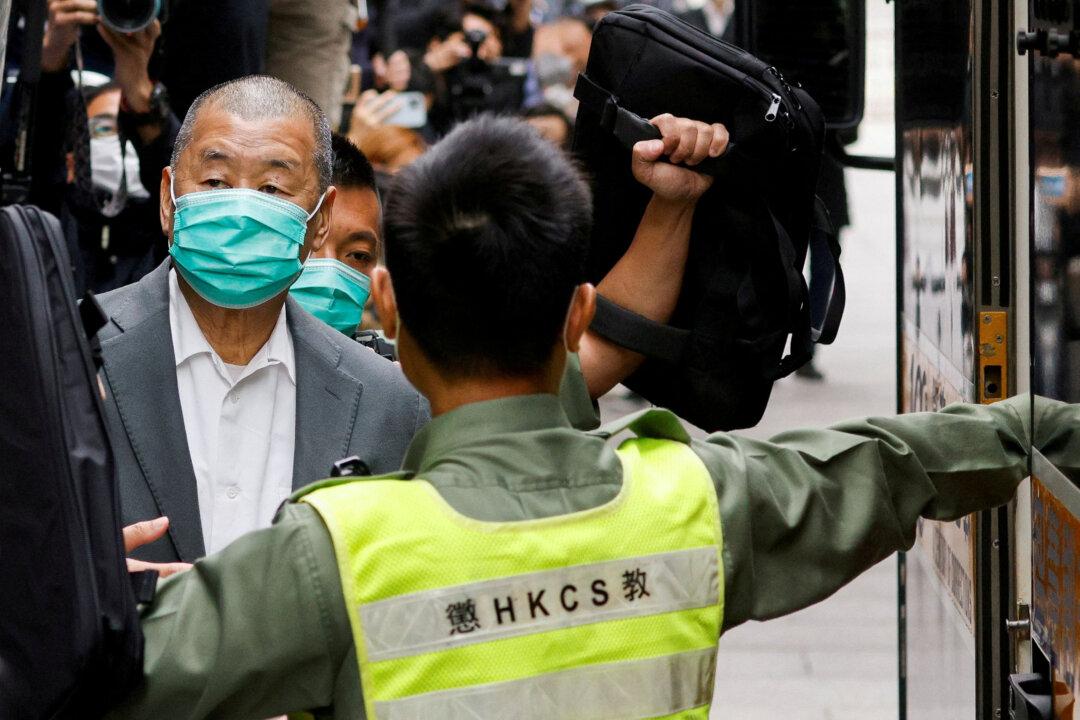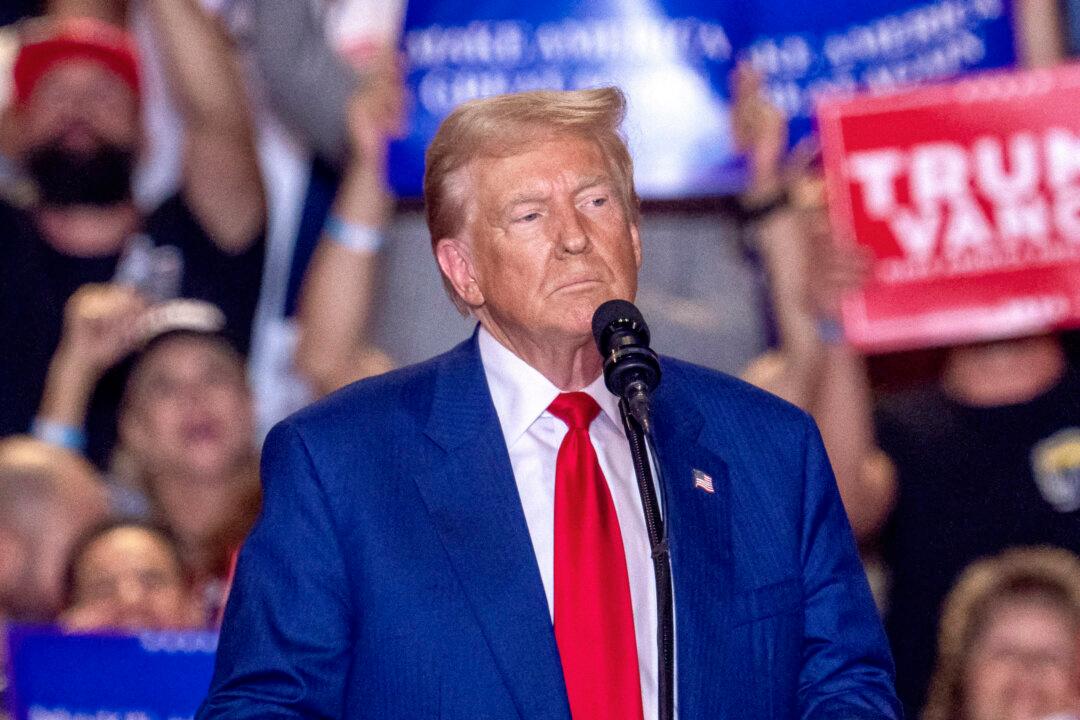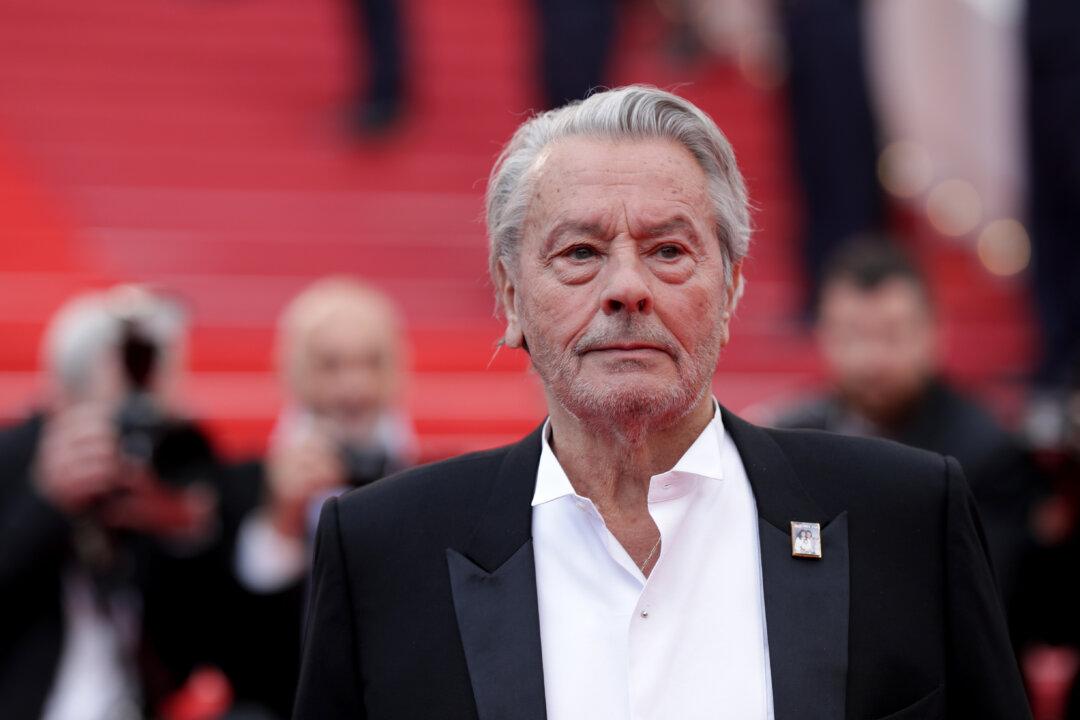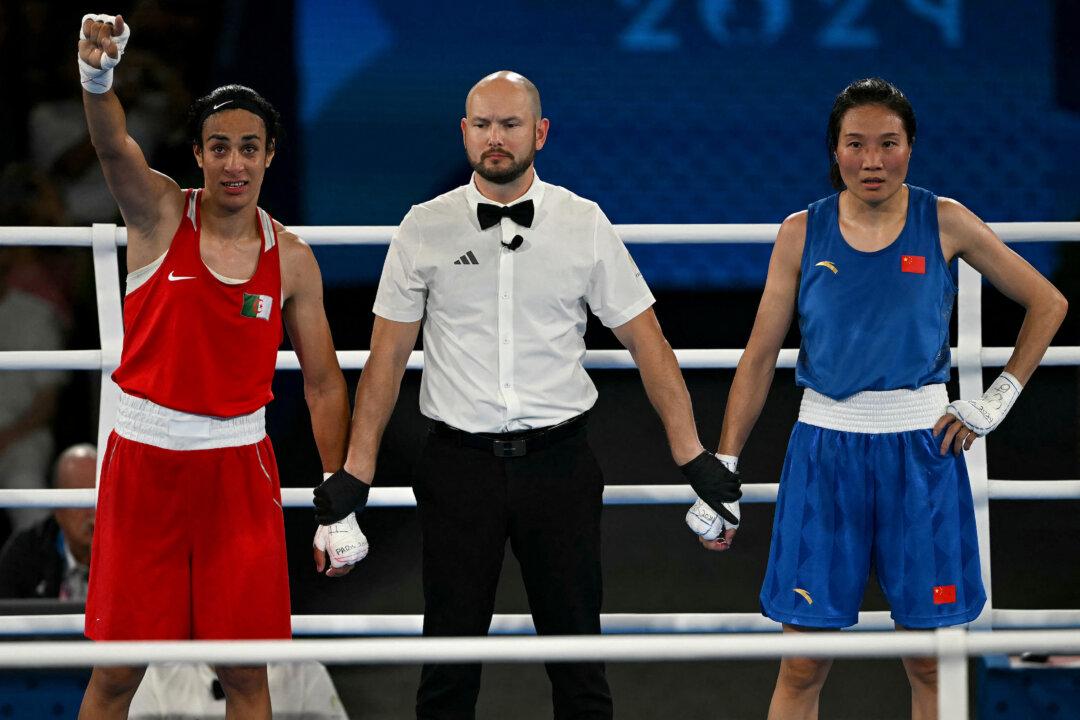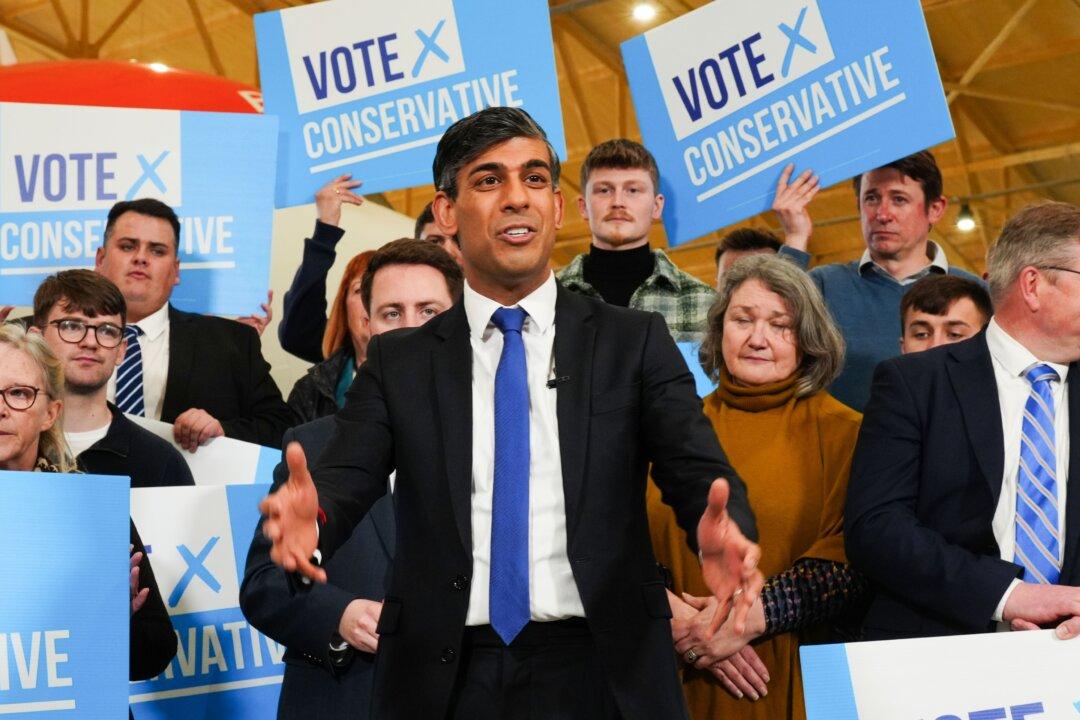International pressure was building over a landmark national security trial in Hong Kong for leading CCP critic Jimmy Lai, with British authorities calling for consular access to the jailed publisher.
Mr. Lai, 76, the founder of now-shuttered pro-democracy newspaper Apple Daily and one of the most prominent critics of the Chinese Communist Party (CCP) leadership, faces several collusion with foreign forces charges under a CCP-imposed national security law that could see him jailed for life. Mr. Lai has pleaded not guilty to all charges.
